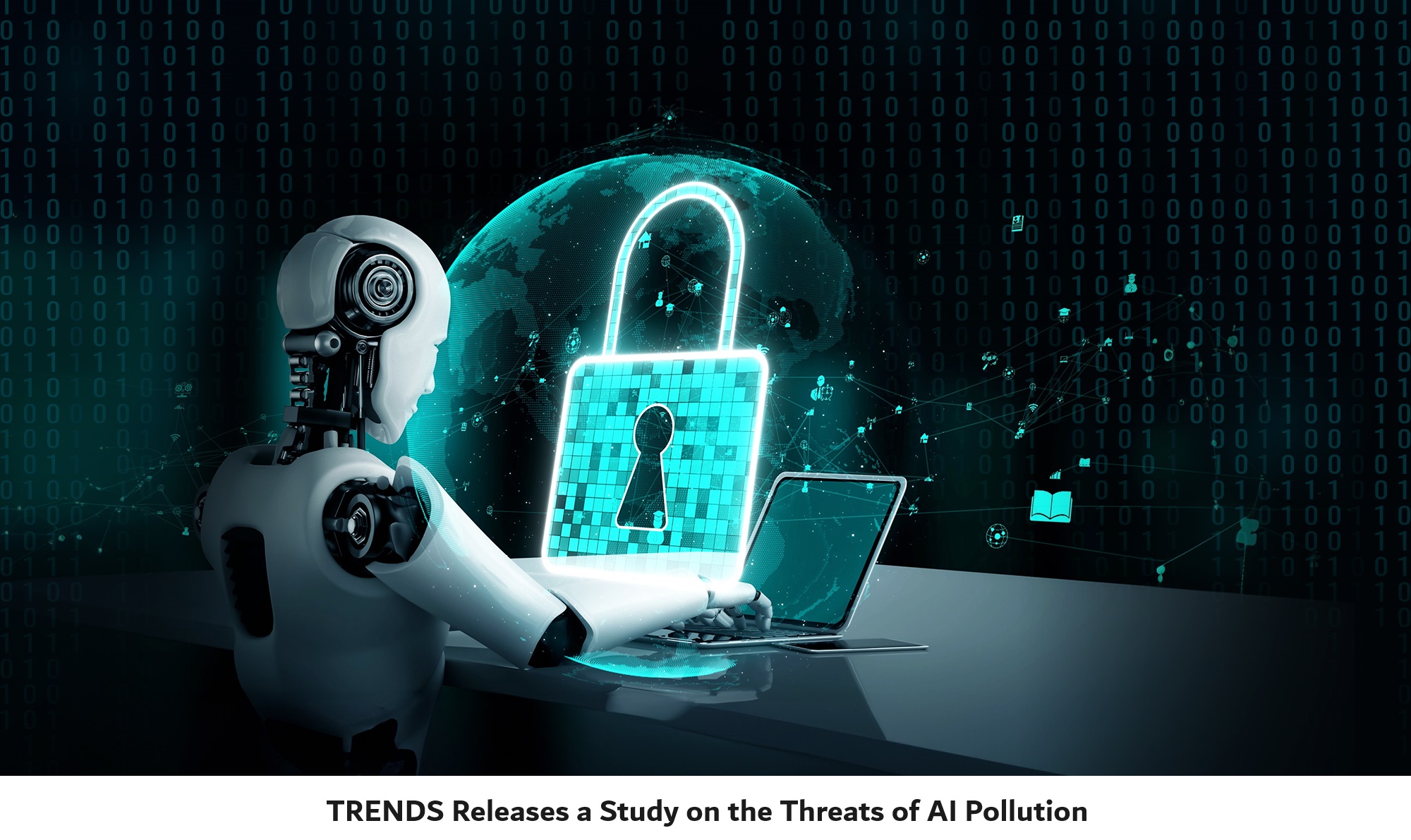Trends Research and Advisory has just released a study that warns of the possible risks of exploiting artificial intelligence (AI) in information warfare by “polluting” the input data it learns and works with.
The study, entitled “AI Pollution: The Future Threats of Information Warfare,” showed that artificial intelligence pollution is the deliberate dissemination of misleading information into artificial intelligence systems with the aim of manipulating their output.
The study suggests that this pollution could have dire consequences for governments, businesses and individuals who increasingly rely on AI technology.
The study was conducted by Edwin Lax, an Italian researcher intern at Trends’ Strategic Studies Department. It identified two main types of artificial intelligence pollution, namely direct pollution, targeting the basic infrastructure of artificial intelligence systems, and indirect pollution, targeting less monitored data across the Internet and cyberspace.
The study warns that hostile actors, such as terrorist groups or rogue states, can exploit AI pollution for achieving malicious purposes.
The author recommended the development of a comprehensive regulatory approach to address the risks of AI pollution, including the “conduit” approach, proposed by the researchers, to guide the AI development and facilitates its harmonious integration and evolution in the face of external threats, while maintaining balance with our complex socio-technological landscapes.
The analysis stressed that current regulations, such as the proposed EU Artificial Intelligence Act, despite its positive aspects, is still insufficient to counter all the threats of AI pollution, especially in guarding against sophisticated adversarial AI tactics.
In conclusion, the study called for the need to be prepared to face the emerging threats of artificial intelligence pollution as the field continues to develop and penetrate all aspects of our modern life.



